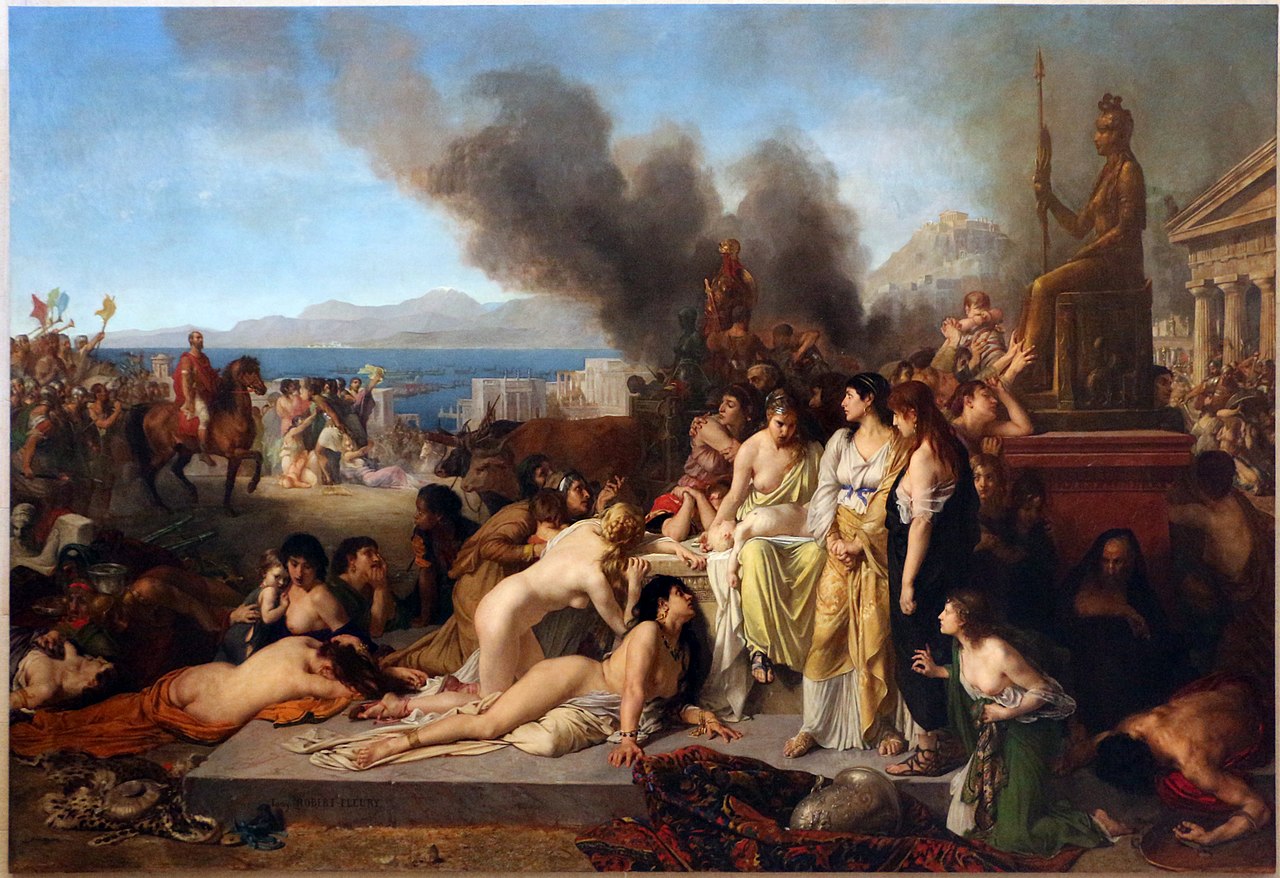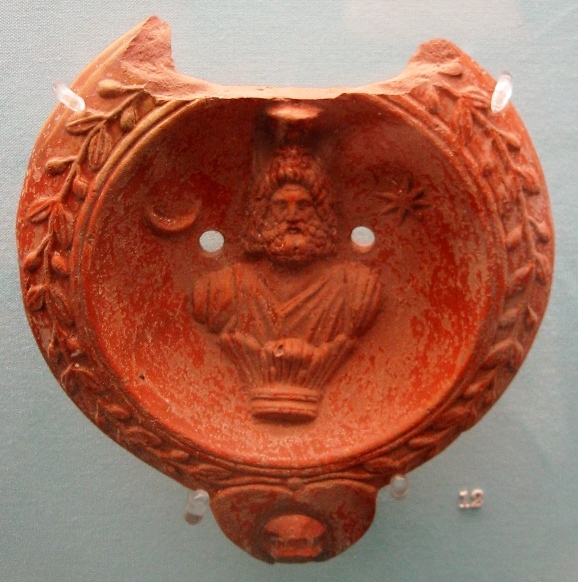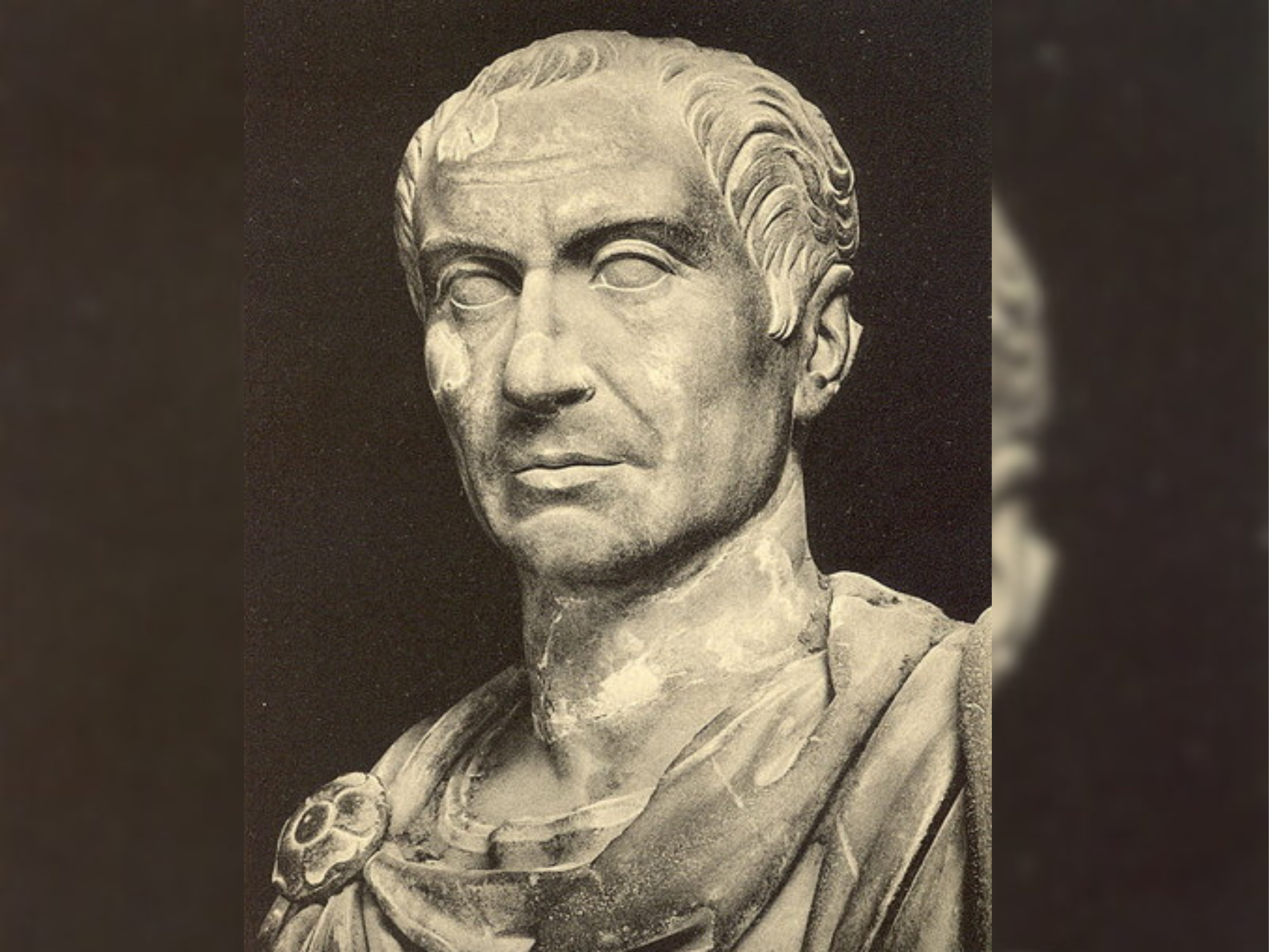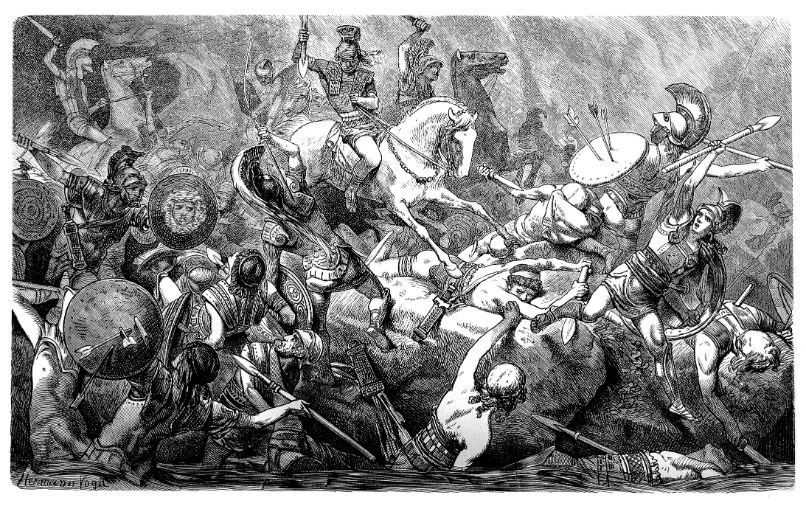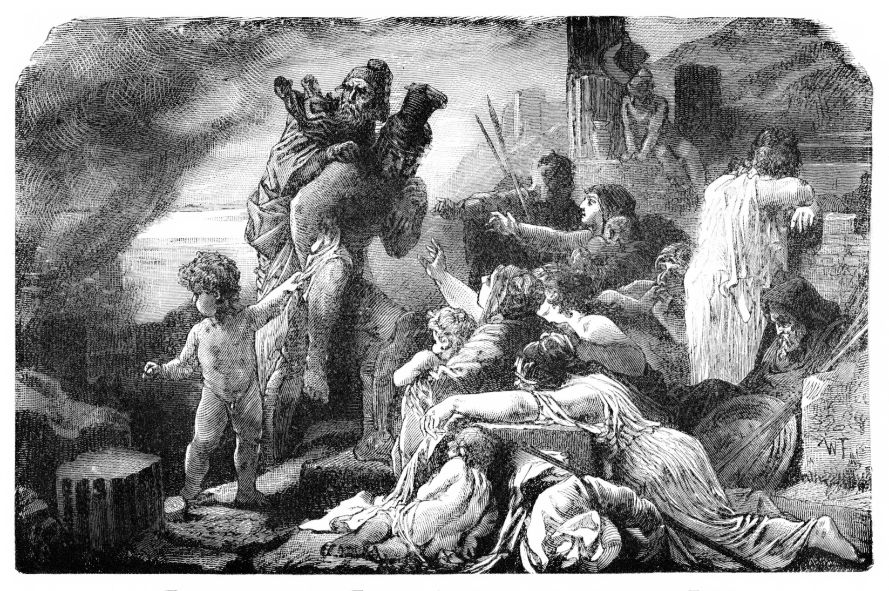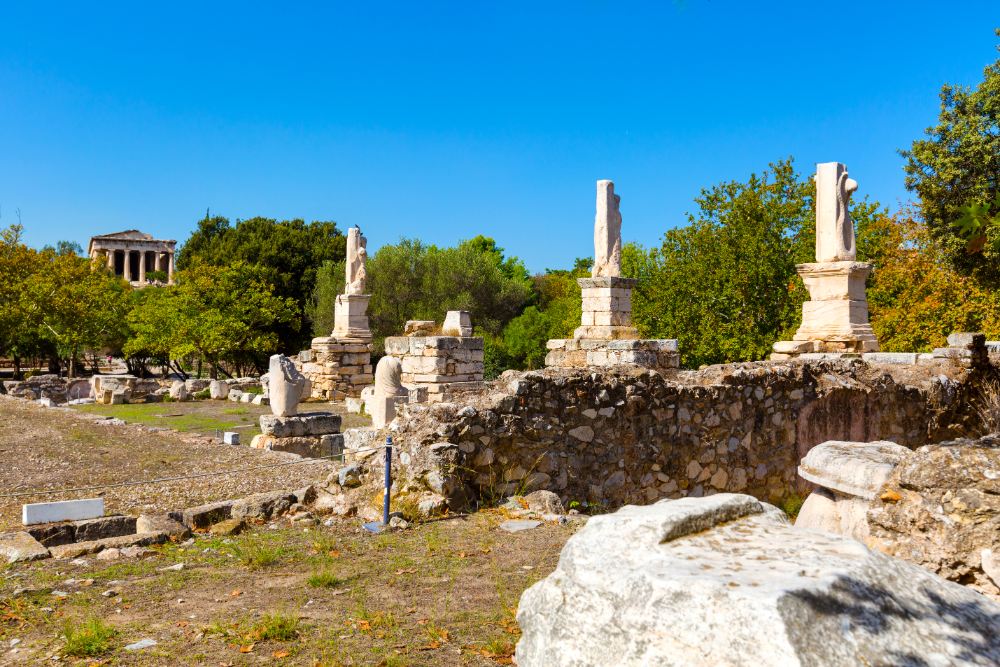Philosophical Innovation in the Roman World
Plotinus (c. 204–270 CE) was one of the most influential philosophers of the Greco-Roman period, known for founding Neoplatonism, a philosophical system that sought to reconcile Greek metaphysics with the spiritual realities of the Roman world. His ideas became a cornerstone of both pagan and early Christian philosophy and had a lasting impact on Western thought.
Plotinus studied under the philosopher Ammonius Saccas and was deeply influenced by the ideas of Plato, though he expanded and reinterpreted them in ways that resonated with the spiritual needs of his time. In Neoplatonism, Plotinus proposed that all of reality emanates from a single, ineffable source: the One. This One, or the Good, is the absolute, transcendent principle from which everything flows. Everything in the universe, from the most abstract intellectual ideas to the physical world, emanates from the One in a descending order of perfection.
For Plotinus, the ultimate goal of human life was to return to this state of unity with the One. The path to this reunification involved a process of spiritual purification and philosophical contemplation. According to Plotinus, the material world was not inherently evil, but it was less perfect than the world of Forms, which existed in the mind of the One. By transcending the distractions of the material world and contemplating higher truths, one could attain oneness with the divine.
Neoplatonism flourished during the late Roman Empire, during a time of profound religious and cultural change. Plotinus’ ideas provided a philosophical foundation for later thinkers, including Augustine of Hippo, who integrated Neoplatonic thought into Christian theology. Plotinus thus stands as a bridge between the pagan Greek philosophical tradition and the Christian intellectual revolution that would define the Middle Ages.


